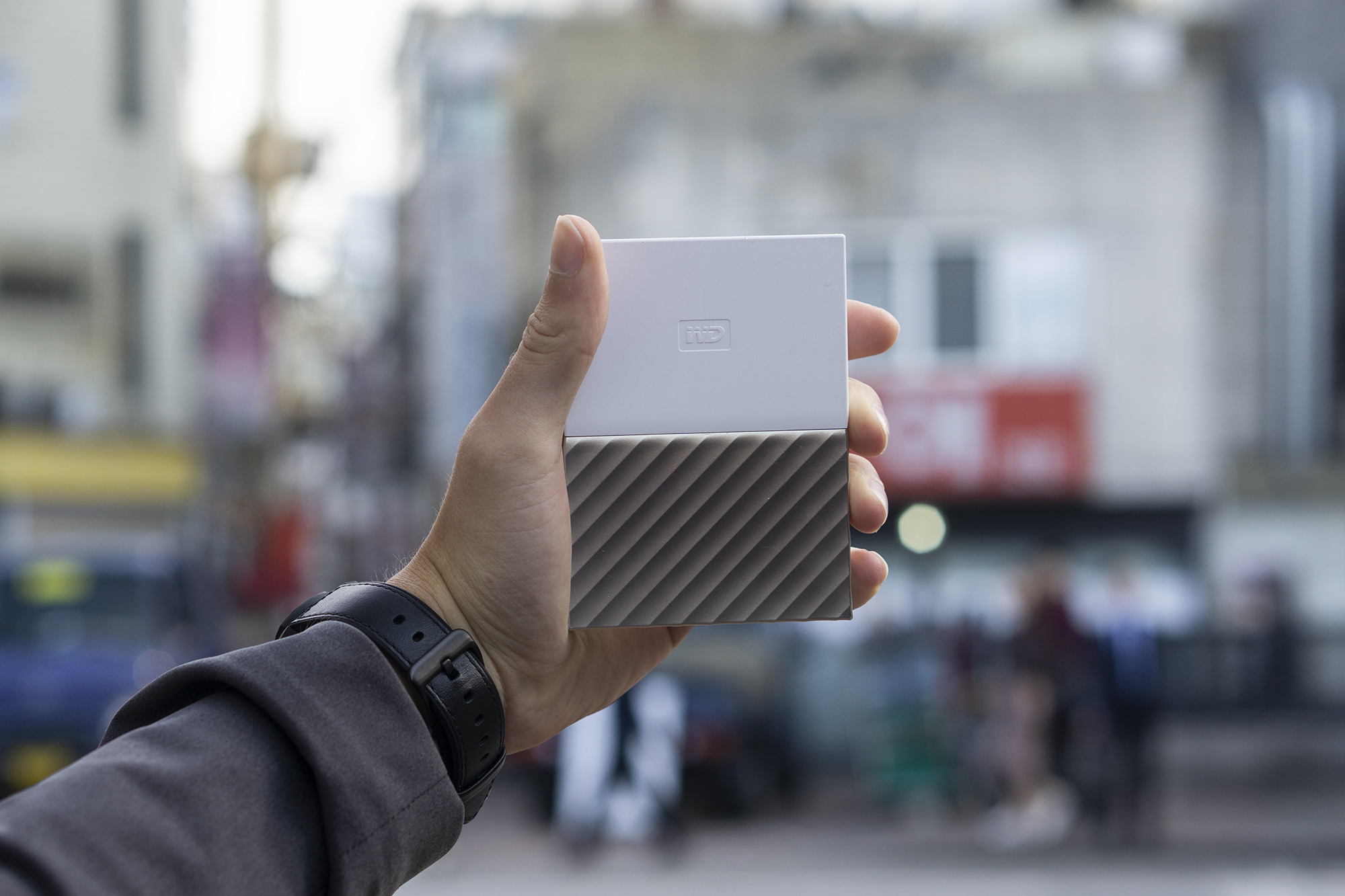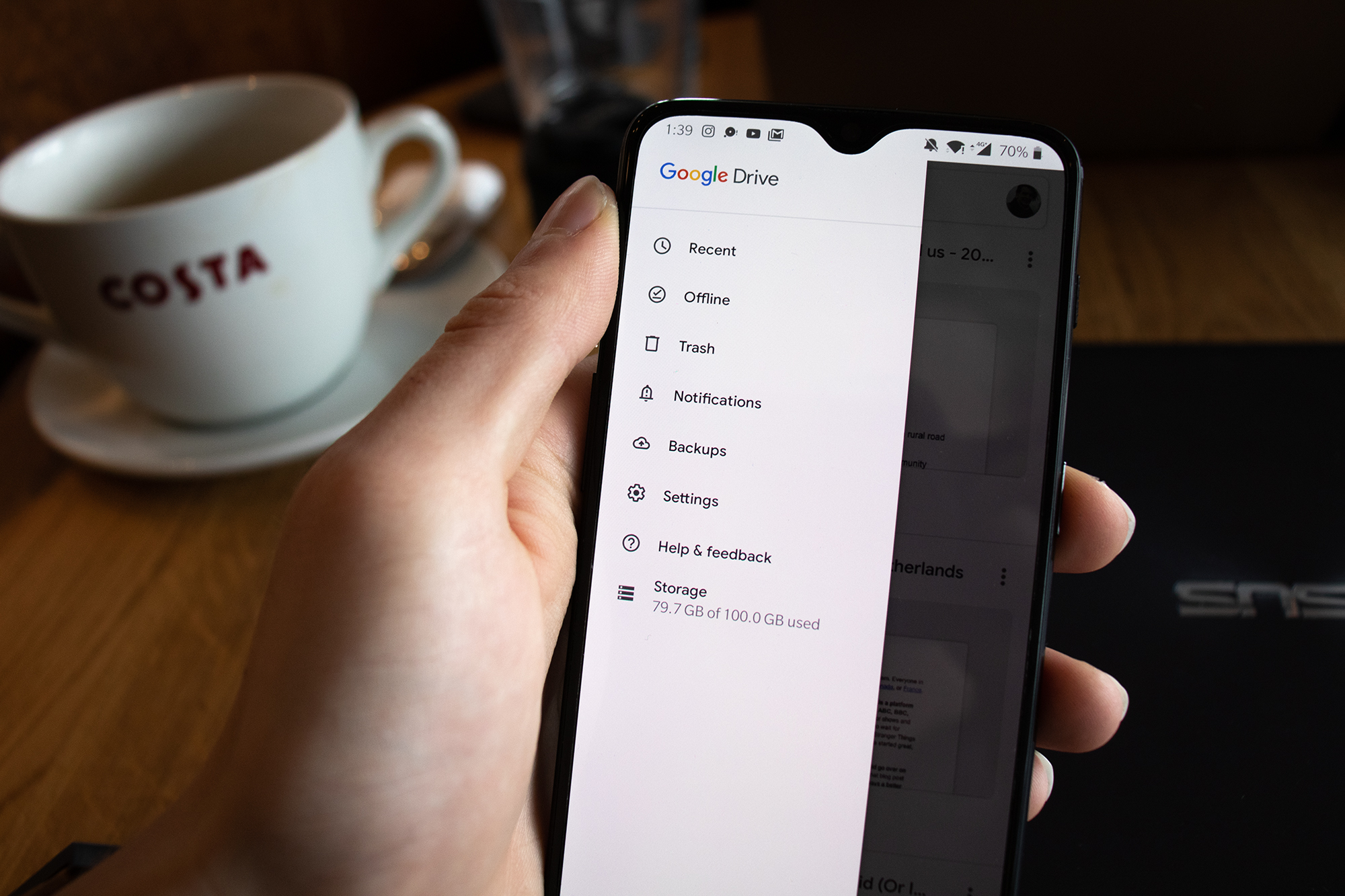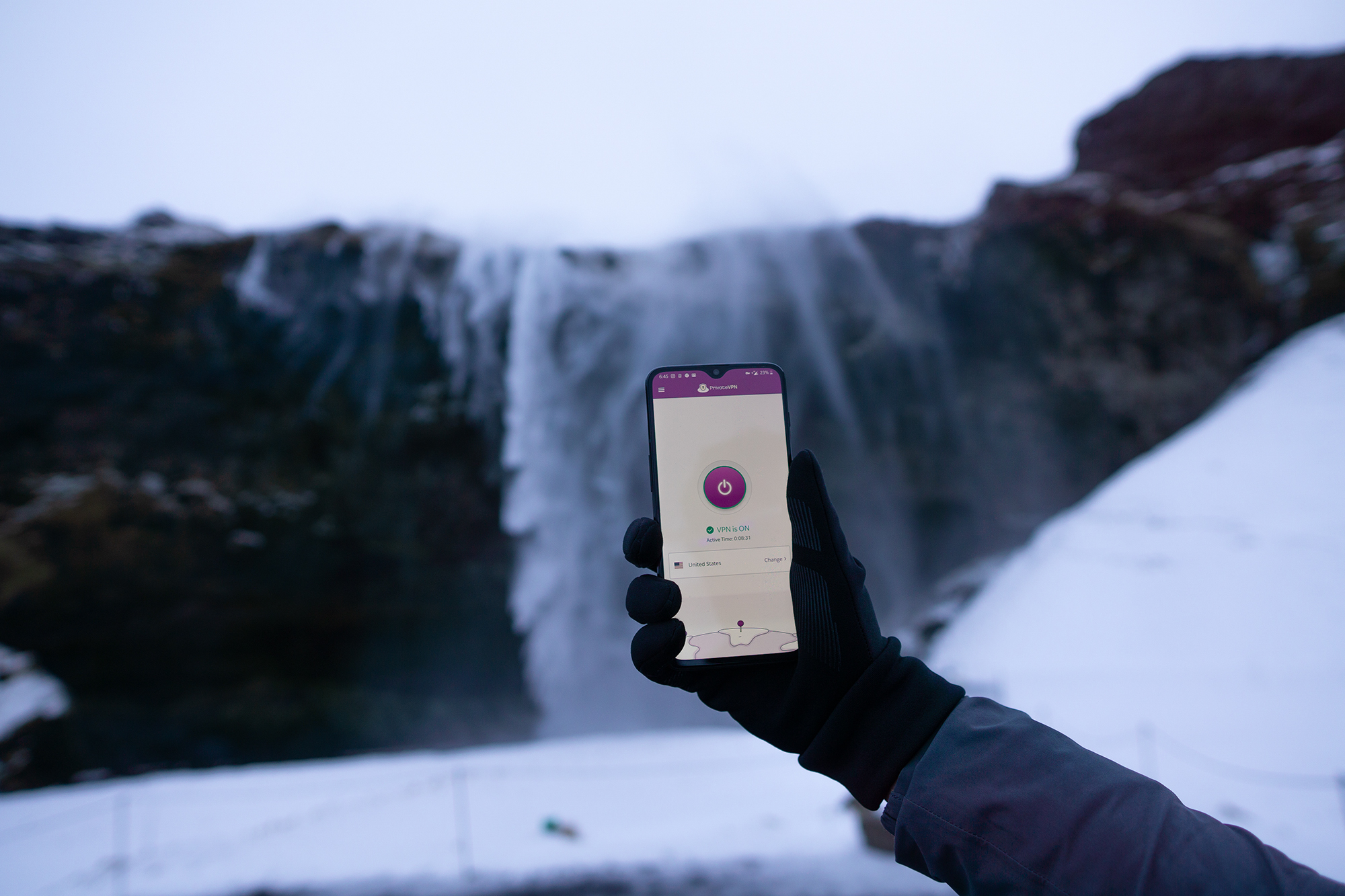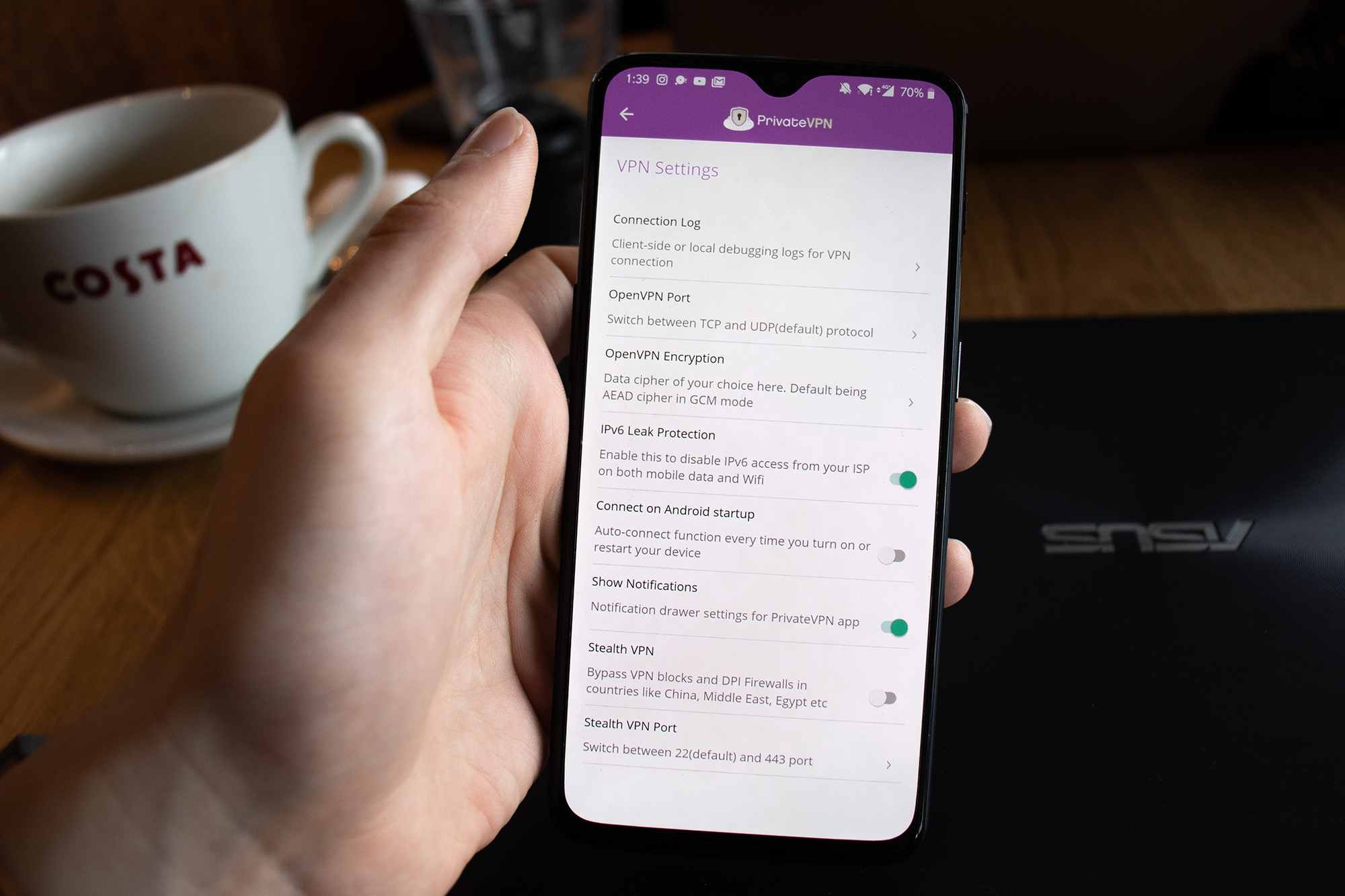Everyone wants to keep their data safe, after all, there's nothing worse than losing memories from holidays or important projects, yet so many of us make silly mistakes that lead to us losing data, or even worse, lead to our data being stolen which can be a big issue, depending on the specifics of what one steals from you.
This post is about every precaution you can take to keep your data safe so that what's in your head is not the only memory of what you once had, and so that nobody can blackmail you if your files are stolen. Whether on a desktop device or a phone.
Backing up your content is the easiest way to keep your data safe, it’s also something you are most likely aware of, but do you do it? 24% of people in 2018 never did it. That might not look like a big number until you consider that 60% of backups are incomplete meaning that while you might have some data backed up, you won’t have all of it.
The only thing required for a backup is more storage. And if you think that storage costs a lot, it really doesn’t anymore. It’s a stereotype. You can get 4TB of portable storage from WD for around $100. For most, that will be enough for the next 2 years.

We get it, paying money for storage that will only be used for storing what you already have seems like a waste of money, and it is until you lose your original files. And for that, you are either prepared or suffer the consequences of losing your data. I myself initially was not prepared and lost 4TB of data. All it takes is for your portable hard drive to have a heavy fall.

Depending on how much items you have to back up, for around $9.99 per month you can get 1TB of Google Drive storage, but in the long-term, a portable hard-drive seems to be a better investment money-wise.
This specific tip applies vastly to Android devices and torrenting.
Firstly, if you are looking to do torrenting, make sure to read our guide about whether torrenting is safe and how to protect yourself when torrenting. But the reason behind why you should not download from unknown sources is that if you are getting something that would not usually be accessible for free, you are paying with the currency of safety.
Of course, there’s a lot of free apps that you can download from outside of official app stores and so on, but the second something that is paid is free to download, the people that provide that content, they know that you are desperate. And that can result in the apps that you wanted so badly coming with some hidden software that you have given permissions to access your phone. And the same applies to desktops. If you are installing something that normally is not free, there’s a chance that you are also installing something that is able to steal your data or otherwise slow down your device.
If you want to keep your data safe, pay for apps that you want. This applies to everything that you download.
Some apps are just not available on the app store, and if that is the case, make sure that the site you are downloading from is a reputable source.
If you ever heard of VPN services, then you probably figured that this was coming considering this is a blog on a VPN site.
It also means that you were either badly disappointed by the VPN service you used or that they did a poor job on selling their services to you if you currently aren’t using a VPN service.
We were initially going to say that the truth is that not everyone needs it, but after some deeper thinking about it, if you really want to keep your data safe, you need it.
You can have a secure password, have a great antivirus, not install from unknown sources nor access sites with low trust ratings, but even then, there’s still a possibility of somebody stealing your data. Somebody will visit you at one point, and they will use your Wi-Fi, with potentially infected devices, and you will access sites that aren’t trustworthy from time to time making it impossible to be fully protected without the use of a VPN.
A VPN essentially makes everything you are sending and receiving unreadable to anyone but you and where that data is being sent meaning that nobody can intercept it in between, allowing you to keep your data safe both at home and away.
Like we mentioned already, at home, your data is most likely safe, but the second you leave your home and connect to any other Wi-Fi, that’s where issues emerge. For one, what you are accessing can be seen by the owners, and for two, if it’s a public network, anyone connected to that network is able to see what you are doing with ease. And if someone has bad intentions and some right software, say goodbye to money on your card.
Of course, your data will more than likely be safe, but you are searching for how to keep your data safe, and this is how you do from the perspective of someone stealing your data. But here’s why it makes sense to have a VPN for most people. As we love entertainment and unless you are in the US, your entertainment possibilities on the internet are vastly limited.

PrivateVPN allows you to unblock the likes of Netflix, DAZN, Hulu, and that’s just to name a few. If you live in the likes of Estonia for instance, you get a very tiny portion of Netflix content. With PrivateVPN, you can connect to the most Netflix regions possible, hence unlocking the fullest potential of Netflix.
From the perspective of safety, PrivateVPN comes with 2048-bit encryption with AES-256 which is the highest grade of encryption of the market. It also comes with Stealth VPN which will make PrivateVPN work with countries with censorship, and with safety features such as Killswitch, IPv6 Leak Protection, and DNS Leak Protection to prevent any sorts of data leaks.

Are these the only methods that you can take to keep your data safe whether on a computer or online? Absolutely not. These are the most effective methods of keeping your data safe though. Back up your drives, download from trusted sources and do get a VPN.
Unfortunately, this is one of those posts that you won’t ever be able to thank us for because this is a post that prevents issues rather than fixing them. What you will thank us for is our guides about how to unblock services such as Hulu regardless of where you are.
Written by Michael Smolski.